Unpacking Borehole Prices in Nigeria: What You Need to Know Before You Drill
Unpacking Borehole Prices in Nigeria: What You Need to Know Before You Drill
Drilling a borehole in Nigeria can be a significant investment but is essential for reliable water supply in many regions. Understanding the factors influencing borehole prices and knowing what to expect can help you make informed decisions. This guide will provide a comprehensive overview of borehole prices in Nigeria, the types of boreholes, and key considerations before you start drilling.
Factors Influencing Borehole Prices
Several factors affect the cost of drilling a borehole in Nigeria:
- Location:
- The geographical area influences the cost due to varying geological conditions.
- Areas with hard rock formations or deep water tables typically incur higher drilling costs.
- Depth of Borehole:
- The deeper the borehole, the higher the cost.
- Shallow boreholes (less than 50 meters) are less expensive compared to deep boreholes (over 100 meters).
- Type of Borehole:
- Hand Dug Wells: Generally cheaper but not suitable for all locations.
- Drilled Boreholes: More expensive but provide better water quality and reliability.
- Drilling Method:
- Rotary Drilling: Fast and efficient, suitable for most terrains but more expensive.
- Percussion Drilling: Slower but effective in hard rock formations.
- Pump Installation:
- The type of pump (manual, electric, or solar) and its installation add to the overall cost.
- Solar-powered pumps are more expensive initially but save on long-term operational costs.
- Casings and Linings:
- Quality of materials used for casing and lining the borehole impacts the cost.
- PVC casings are cheaper but may not be as durable as steel casings.
- Additional Features:
- Water storage tanks, treatment systems, and plumbing can increase the total cost.
Typical Borehole Prices in Nigeria
Here’s a general price range for drilling boreholes in Nigeria:
- Hand Dug Wells: ₦100,000 – ₦200,000
- Shallow Boreholes (up to 50 meters): ₦250,000 – ₦500,000
- Deep Boreholes (over 50 meters): ₦500,000 – ₦1,500,000
Steps to Drilling a Borehole
- Site Survey:
- Conduct a geological survey to determine the best drilling location and estimate the depth needed.
- Professional surveyors can help avoid dry holes and ensure optimal water yield.
- Permits and Regulations:
- Obtain necessary permits and adhere to local regulations regarding borehole drilling.
- Engage with local authorities to understand the legal requirements.
- Choose a Reputable Drilling Company:
- Research and select a drilling company with a good reputation and experience.
- Check for reviews and request references to ensure reliability.
- Prepare the Site:
- Clear the area of any obstructions and prepare access routes for drilling equipment.
- Ensure safety measures are in place for the drilling process.
- Drilling and Installation:
- Supervise the drilling process to ensure it meets the agreed specifications.
- Install the chosen pump and any additional features like storage tanks and treatment systems.
Tips for a Successful Borehole Project
- Budget Adequately: Plan for additional costs such as permits, site preparation, and unexpected geological conditions.
- Quality Over Cost: Invest in high-quality materials and experienced professionals to ensure the longevity and reliability of the borehole.
- Regular Maintenance: Schedule regular maintenance checks to keep the borehole and pump in good working condition.
- Water Testing: Test the water quality periodically to ensure it is safe for consumption.
Conclusion
Understanding the factors that influence borehole prices in Nigeria and following the proper steps can lead to a successful drilling project. By investing in quality materials and reputable services, you can ensure a reliable and long-lasting water supply. For high-quality auto and transportation products, visit Wigmore Wholesale.


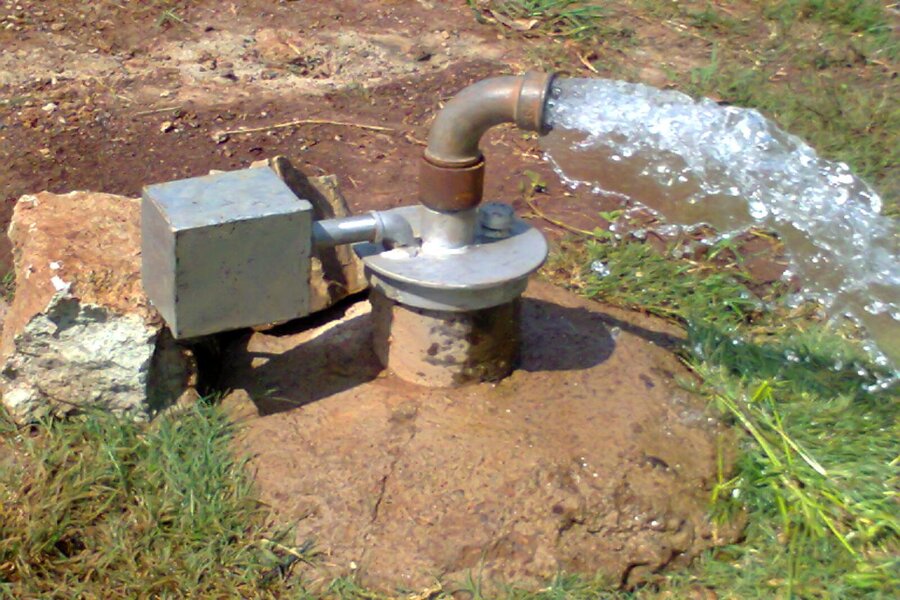
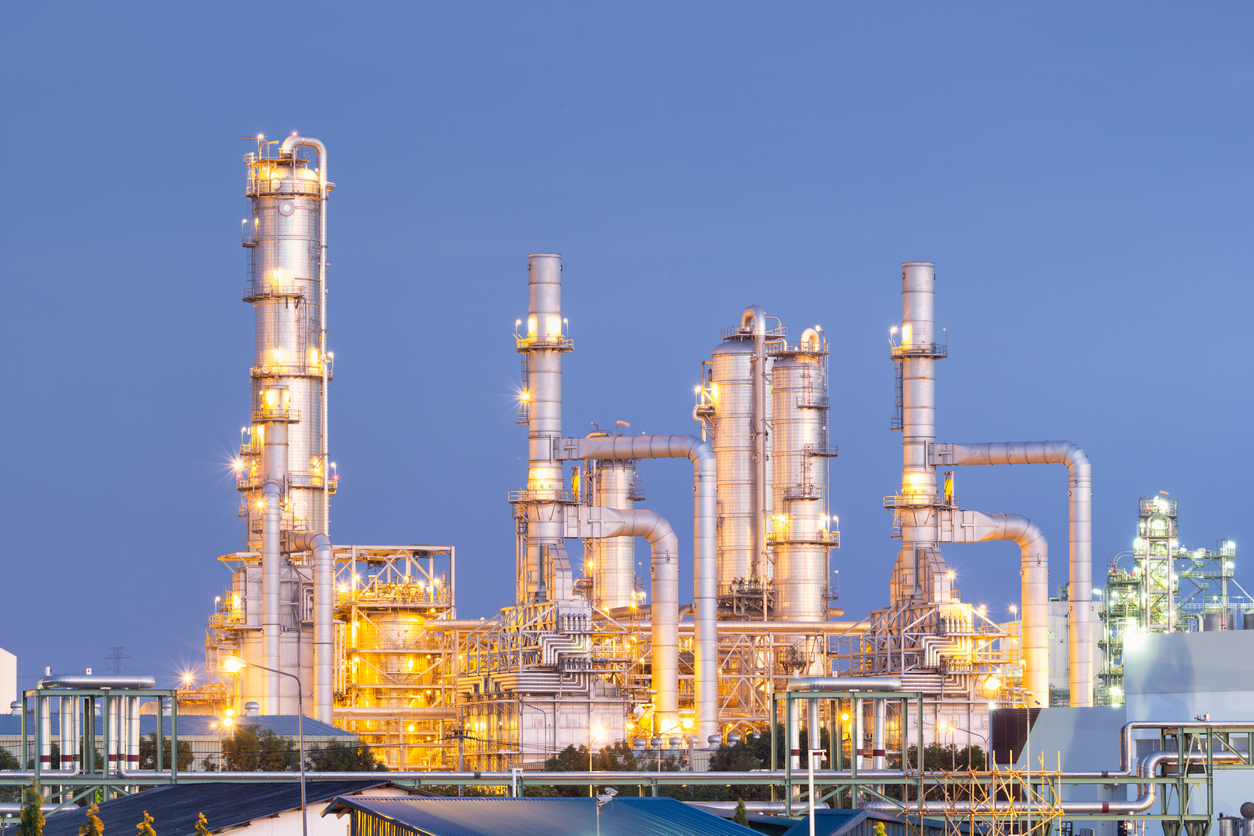
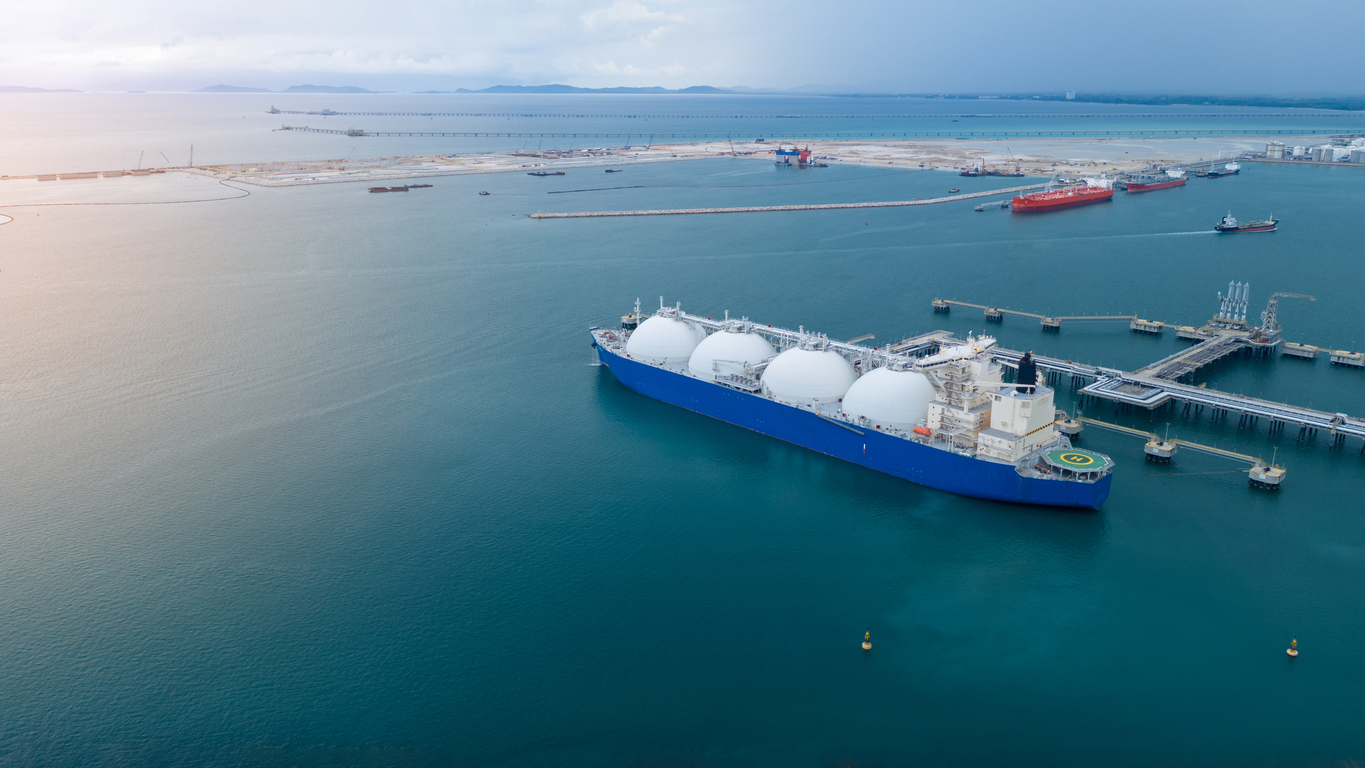
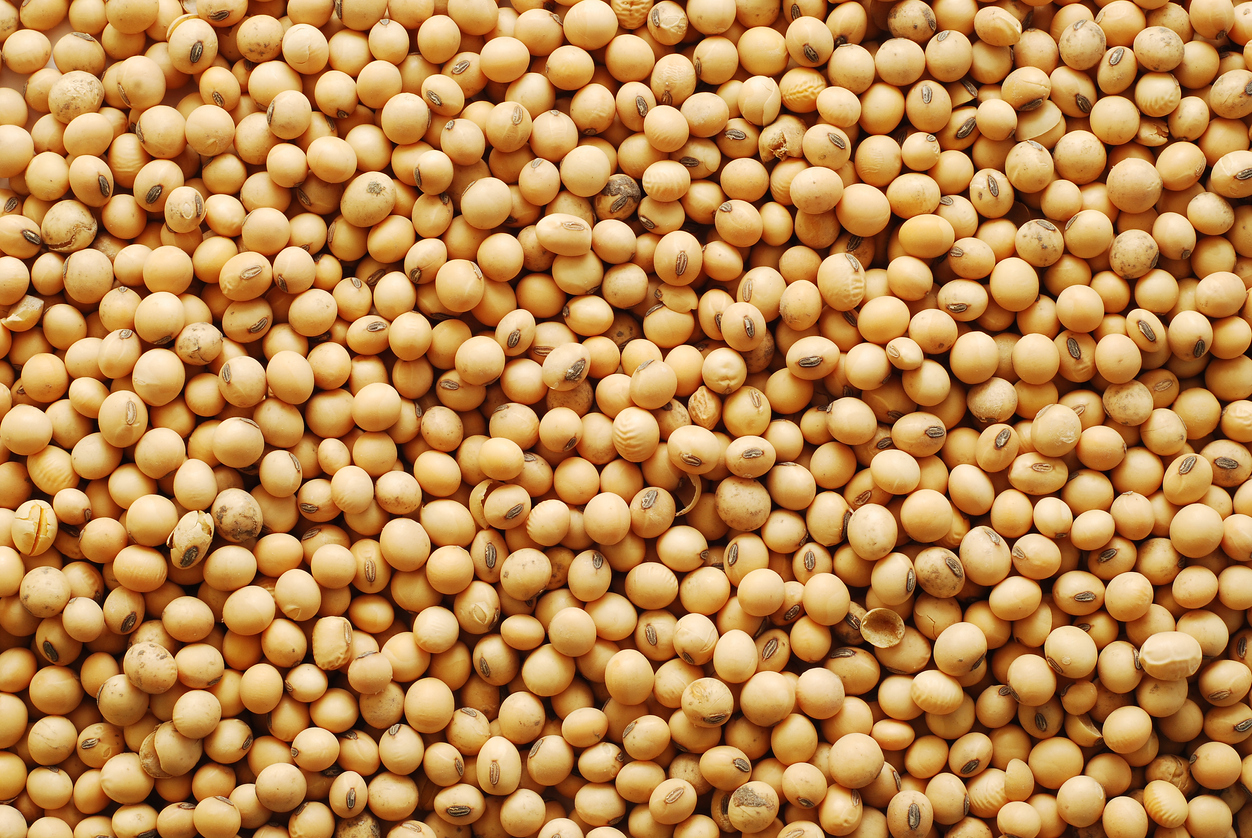
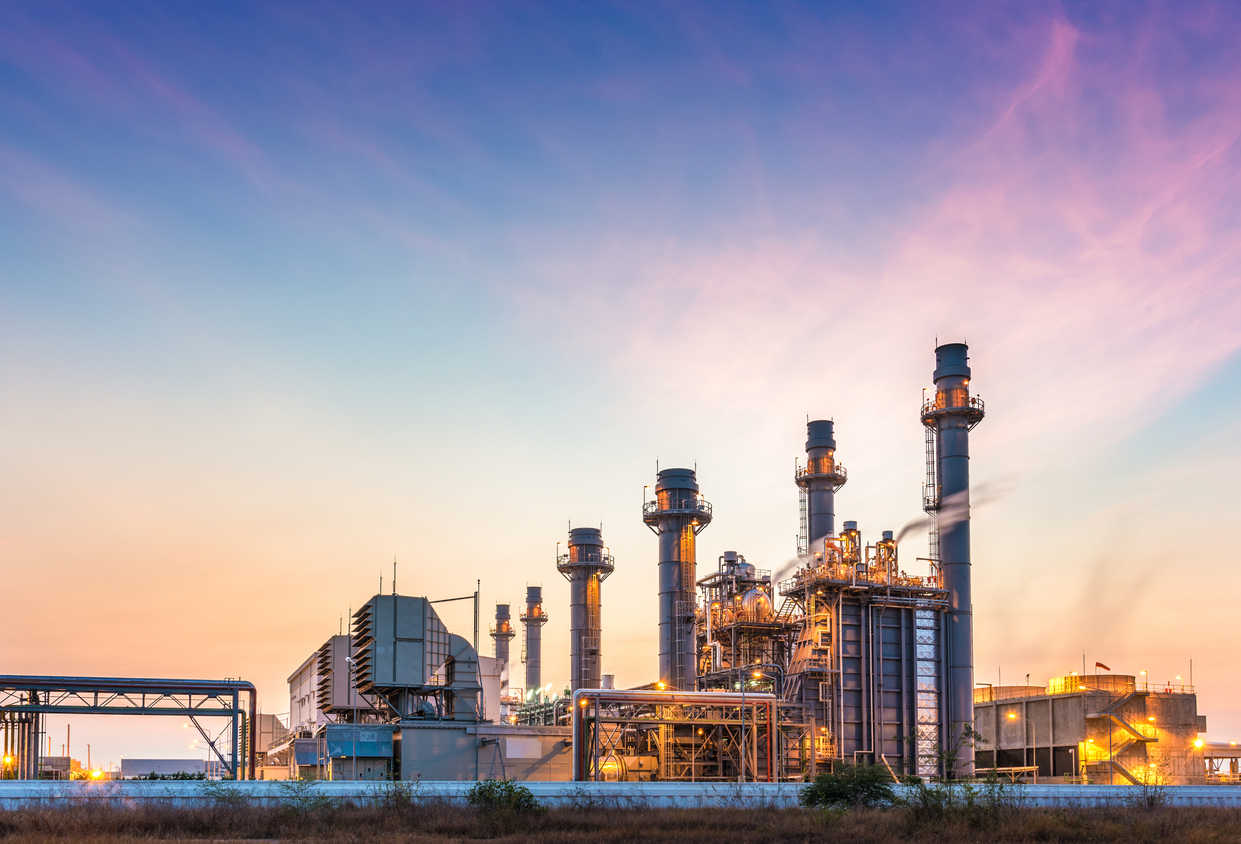

LEAVE A COMMENT
You must be logged in to post a comment.